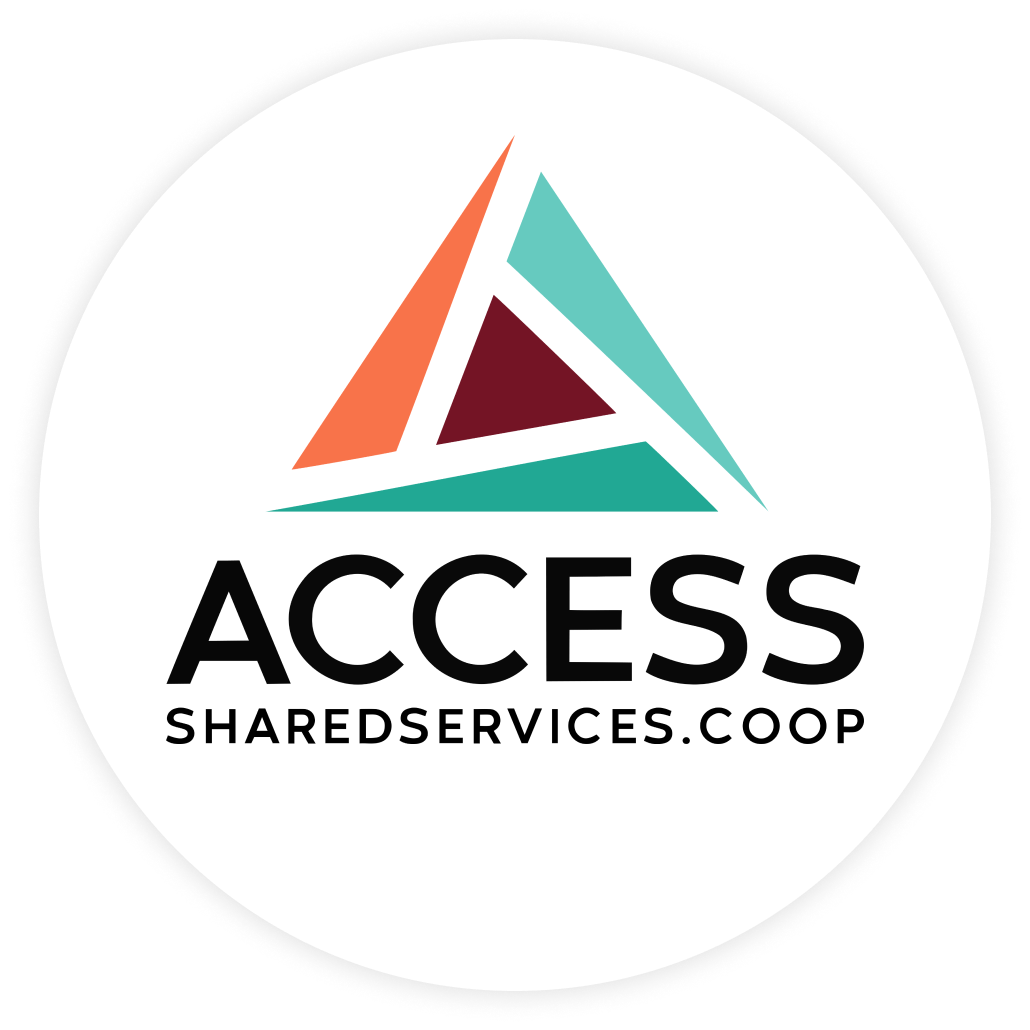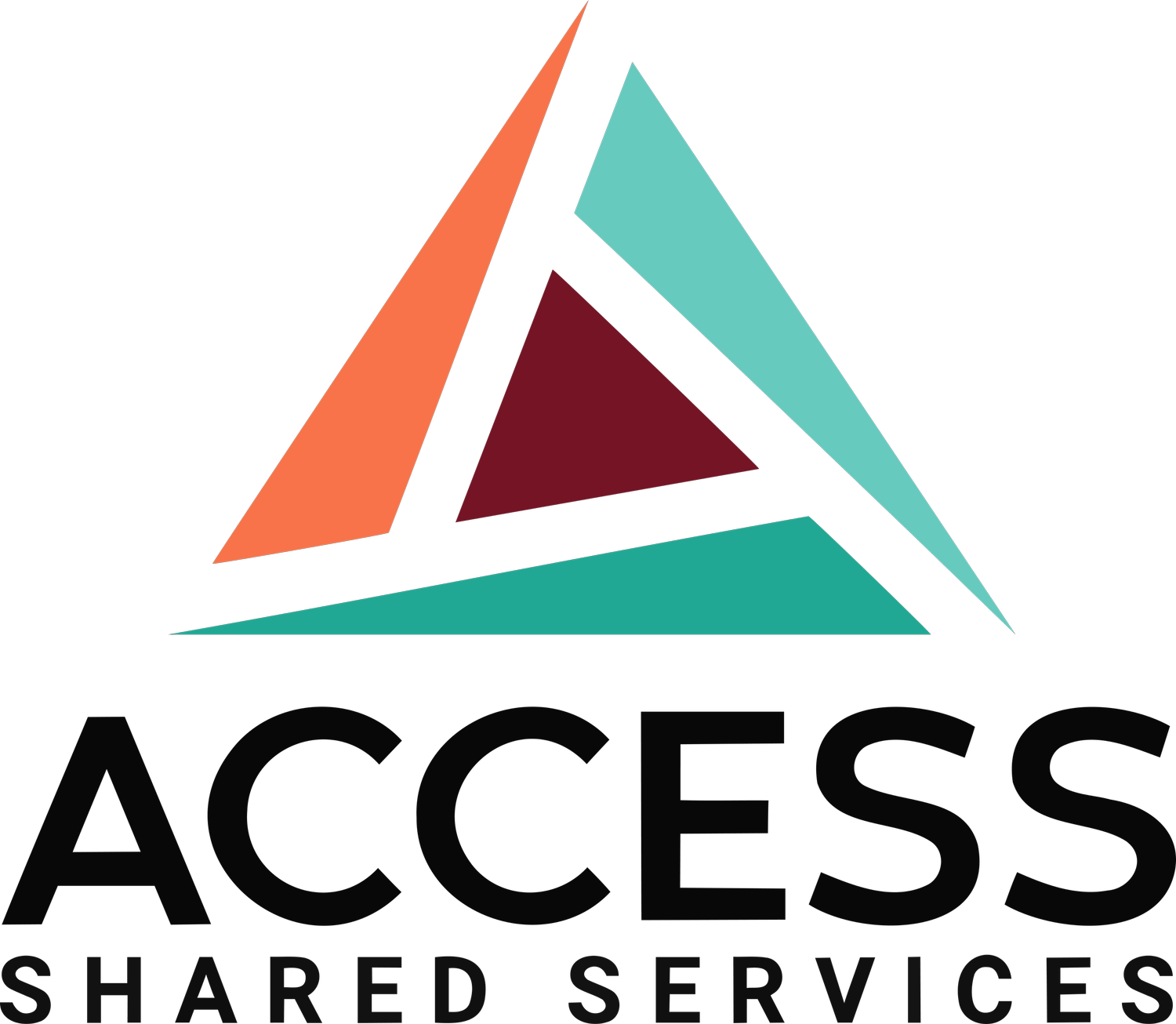Remote Employees and Payroll: How to Manage It
Managing payroll for remote employees can be a challenge for employers. With the growing trend of remote work and its many benefits, such as increased happiness, productivity, and reduced greenhouse gas emissions, it is essential to understand how to handle payroll for remote employees.
This blog post will discuss how to manage payroll for remote employees, from ensuring adequate communication to your CRA requirements.
The Challenge
Managing payroll for remote employees can present a challenge, as there are many different regulations and tax requirements that need to be taken into consideration. Depending on the location of the remote employee, different rules may apply regarding taxes, accounting, and other financial obligations. It is important to stay abreast of these regulations, particularly when the remote employee is working in a province different from the one in which your business is located. Additionally, remote work presents unique challenges to employers when it comes to tracking hours worked, setting up payroll processes, and ensuring accurate tax payments are made. The laws and regulations related to managing payroll for remote employees vary depending on the country and jurisdiction, so employers must have a thorough understanding of these laws in order to ensure compliance.
Communicate with your Employees
At the same time, you must ensure that everyone is updated on accounting processes and payroll when managing a remote team. This could be done through video conferencing, emails, or a program like Microsoft Teams which allows for collaboration and communication. It's also essential to have open conversations with remote employees, so they understand their role in helping your business stay compliant with taxes, payroll, and other accounting needs. With the right resources, remote work can be managed smoothly, making it easier to stay on top of payroll and accounting while keeping your team engaged.
Know the Tax Requirements
As an employer in Canada, it's your responsibility to calculate, deduct, withhold, and pay relevant employee income taxes and contributions. These are known as “source deductions.” You will also need to calculate and pay employer contributions.
The exact rate of income tax and specific contributions depend on the employee’s total taxable income, which may include taxable benefits. These can differ from province to province and territory to territory, so it is vital to seek local expertise before beginning. Additionally, there are variables such as the threshold for income or time worked that would require taxes to be submitted in that province, as well as whether or not the employee is working remotely out of convenience or necessity. With remote work becoming increasingly popular, employers must understand their local tax requirements to ensure proper remittance.
CRA Requirements
When you employ remote workers, you must understand the tax requirements of their place of residence. The Canadian Revenue Agency (CRA) has specific regulations regarding taxes and deductions related to remote work. It’s important to follow these rules when managing payroll for your remote employees.
You must deduct the applicable taxes and contributions from each remote employee's wages and remit these amounts to the CRA. To do so, you need to know your remitter type—your business’s legal status—and the rates and thresholds for deductions. You also need to ensure that all employees have filled out a TD1 form, which is used to calculate how much tax should be deducted from their paycheques.
Aside from paying the CRA the appropriate amounts, you also need to make sure that you file the necessary information returns each year. This includes T4 summary slips for each payroll program account, as well as individual T4 slips for each remote worker. These documents declare all the payroll payments you’ve made within that year, including salaries, income tax, deductions, contributions, and taxable allowances. You must send the summary and all the slips to the CRA and the employee by the last day of February of the following calendar year. This can be done electronically.
By understanding the regulations related to remote work and following them properly, you can ensure that your payroll management runs smoothly and efficiently.
Work with ACCESS Shared Services
When you have remote employees working in multiple provinces, it’s essential to ensure your organization complies with the rules and regulations in each province. With ever-changing tax laws, you might struggle to keep up with the new requirements. Fortunately, you don’t have to navigate this complex task alone. The Accounting Professionals at ACCESS Shared Services are dedicated to helping employers of all sizes get it right when it comes to payroll taxes and other complicated tasks associated with remote work.
The professionals at ACCESS Shared Services have the experience, tools and resources needed to help you stay compliant. Whether it’s managing complex payroll taxes, filing employee paperwork or handling year-end reporting, ACCESS Shared Services will provide you with the services you need so that you can focus on your mission.
Contact ACCESS Shared Services today for a free assessment if you are looking for a reliable and knowledgeable partner to manage your payroll responsibilities.


